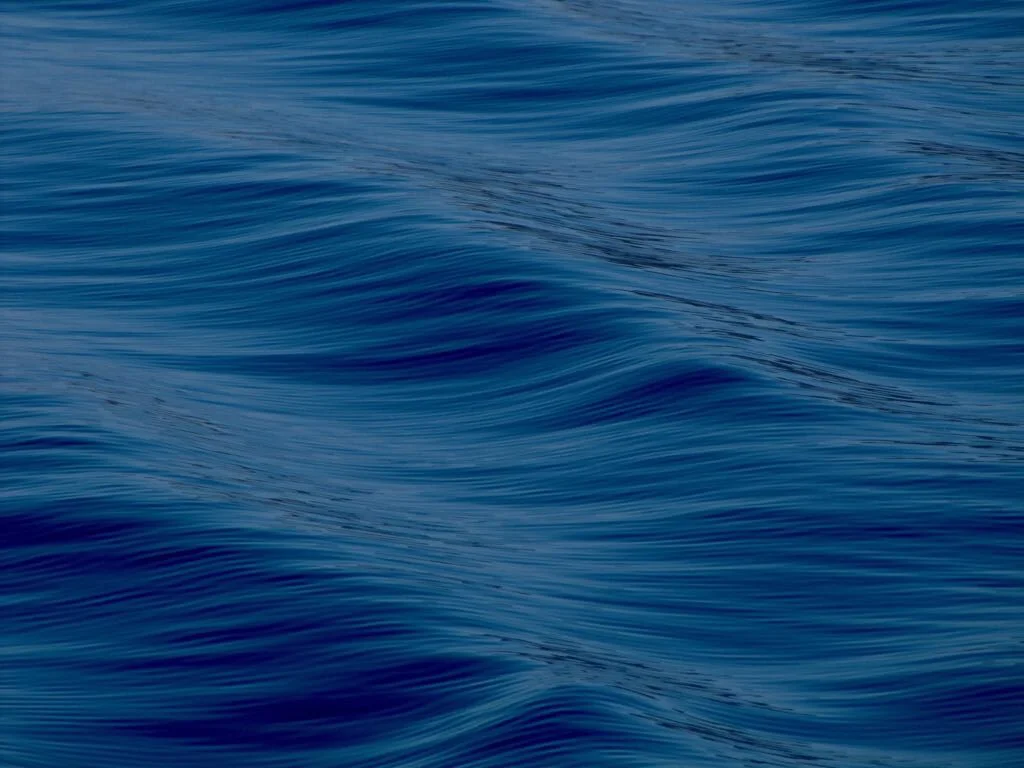Our Team
Keeping Our Ship Afloat
Nikolas Kosmatopoulos | Navigator
I came up with the idea of FLOATS through an inverted eureka moment, in which a careless swim almost brought my entire ontological subjectivity to an abrupt, banal and finite elimination; at sea, so flowed the instantaneous anti-Archimedean revelation, one can perish through sheer inaction. I came to the realization that floating was not a natural condition or an objective fact; Archimedes was wrong. Ever since then, things were crystal clear: floating embodies the art of not being sinkable despite reactionary countercurrents, and this is mostly possible through recovering from the bottom of the sea memories, theories, and stories of pain, pleasure and power that upset the ephemeral truths so firmly rooted on land.
Marwa ELShakry | Stargazer
One of my earliest memories is of the sea: splashing through the shore, diving through the watery depths to anchor my hands through the sandy bottoms until all the air finally escapes my lungs. I still dive into the sea that way. If "the unconscious is like an ocean," and if childhood is where the unconscious first takes form, then this memory no doubt occupies a vast scape of my mind. A gambler's ticket to freedom or a place of unknown deep terrors, the sea has fascinated countless generations. In our times, this last vast public commons is now under threat: an increasingly policed space, a liquid refugee cemetery, a site of toxic waste, and the terrain where we will no doubt first feel the full force of our own blatant environmental destruction. We might therefore even consider these seas to be our own unacknowledged collective unconscious, rife with the forces of our own collective repressions and oppressions and which, if freed, can bring about a startling transformation. Together with like-minded spirits, artists, academics, activists and futurists, I joined FLOATS to help begin this collective re-membering and com-memoration of the oceans of life around us.
